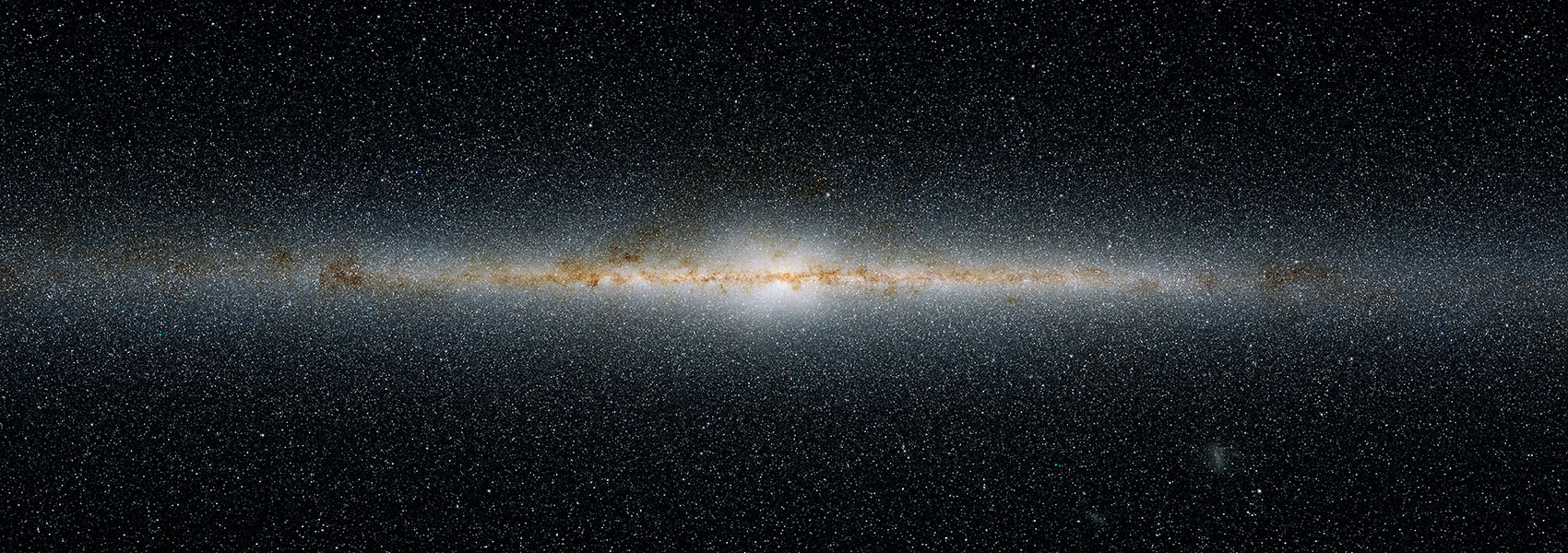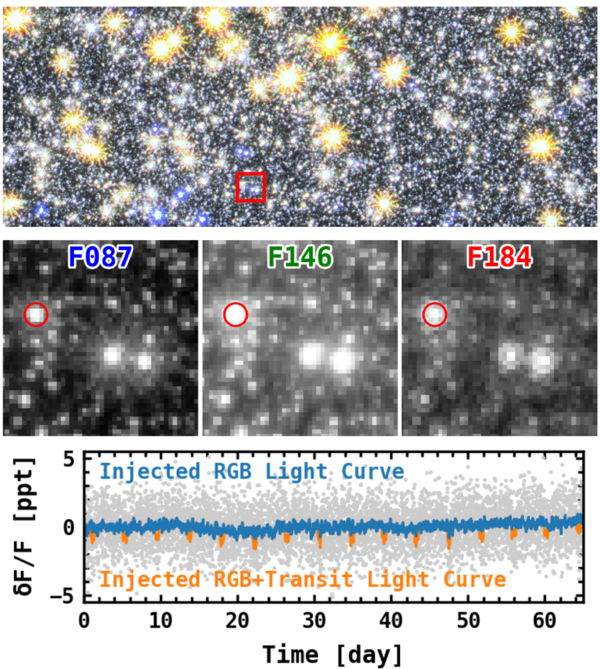

Overview: NExScI at IPAC has partnered with GSFC and other university institutions to develop the infrastructure necessary to conduct an exoplanet transit survey with the Roman Galactic Bulge survey. The Roman Galactic Bulge survey, designed to find exoplanets through microlensing, will also detect 10s of thousands of transiting exoplanets – these transiting exoplanets can be used to study demographics of exoplanets in various galactic environments and the multi-band Roman observations may be used to characterize potential planets. This program will develop simulated data products and the tools necessary to identify and verify transiting exoplanets in the dense environment of viewed towards the Galactic Bulge. All data and tools will be made available to the public in preparation for the Roman operations. The program also contains a strong diversity and inclusiveness component to engage local community college students.


